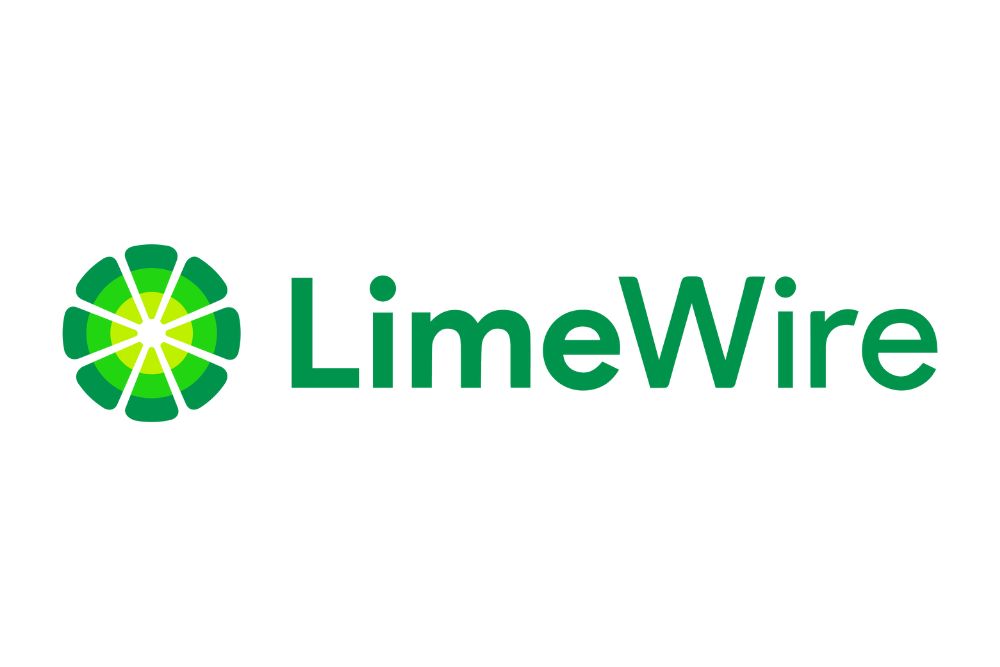LimeWire started as a peer-to-peer music-sharing tool in 2000, was shut down in 2010 for copyright violations, and has now made a comeback with an AI music generation platform.
In the early 2000s sharing pirated music was rampant and peer-to-peer software tools like LimeWire and Napster were the biggest enablers. In 2007 it was estimated that LimeWire was installed in over a third of the world’s computers.
That all came to an end in 2010 when copyright lawsuits piled up and LimeWire was ordered to stop its filesharing operation. More than a decade later the brand is back in the music business but, this time it’s making music, not pirating it.
LimeWire is now a generative AI platform that allows users to generate images and music. You can enter a text description and have a 30-second clip generated or select a mood, genre, or activity and generate a track of up to 10 minutes.
LimeWire also offers the option of uploading an image as inspiration for its image-to-music generator to create a track.
🚀🧵 We’re thrilled to introduce the LimeWire Music AI Studio – our latest leap into the generative AI space, committed to democratizing advanced AI tools for content creators. 🌐✨ pic.twitter.com/sBty3Np69C
— LimeWire (@limewire) December 12, 2023
Ironically, LimeWire ripped off so many music artists decades ago and is now providing another controversial tool that will impact the livelihoods of musicians once again.
In 2011 the Recording Industry Association of America (RIAA) estimated that LimeWire was responsible for $72 trillion in damages. How big an impact will AI have on musicians’ earnings?
LimeWire COO Marcus Feistl told Rolling Stone that “compared to the initial LimeWire, we’re taking a bit more of a cautious and careful approach in things like licensing of the content, where we get the training data.”
Feistl said that LimeWire only used licensed music in the dataset on which its model was trained.
Like a lot of other AI music generators, LimeWire’s output is interesting but not amazing. That being said, AI-generated music is the worst it will ever be. These platforms will only get better.
The platform also allows users to share in the ad revenue LimeWire earns when someone listens to the content a user shares on the site. As long as you don’t mind being paid in LimeWire’s $LMWR crypto token.
In a growing crowd of AI music generation platforms, LimeWire will be relying heavily on the nostalgia of its brand to attract users.
The company scored a marketing win when Progressive House and Electro House legend, deadmau5, unveiled one of his latest songs, ‘Apnea‘, exclusively on LimeWire a few weeks back.
Will other big names follow suit? The LimeWire brand isn’t owned by the original company anymore but, its music piracy legacy may keep other musicians from rushing to sign up.





